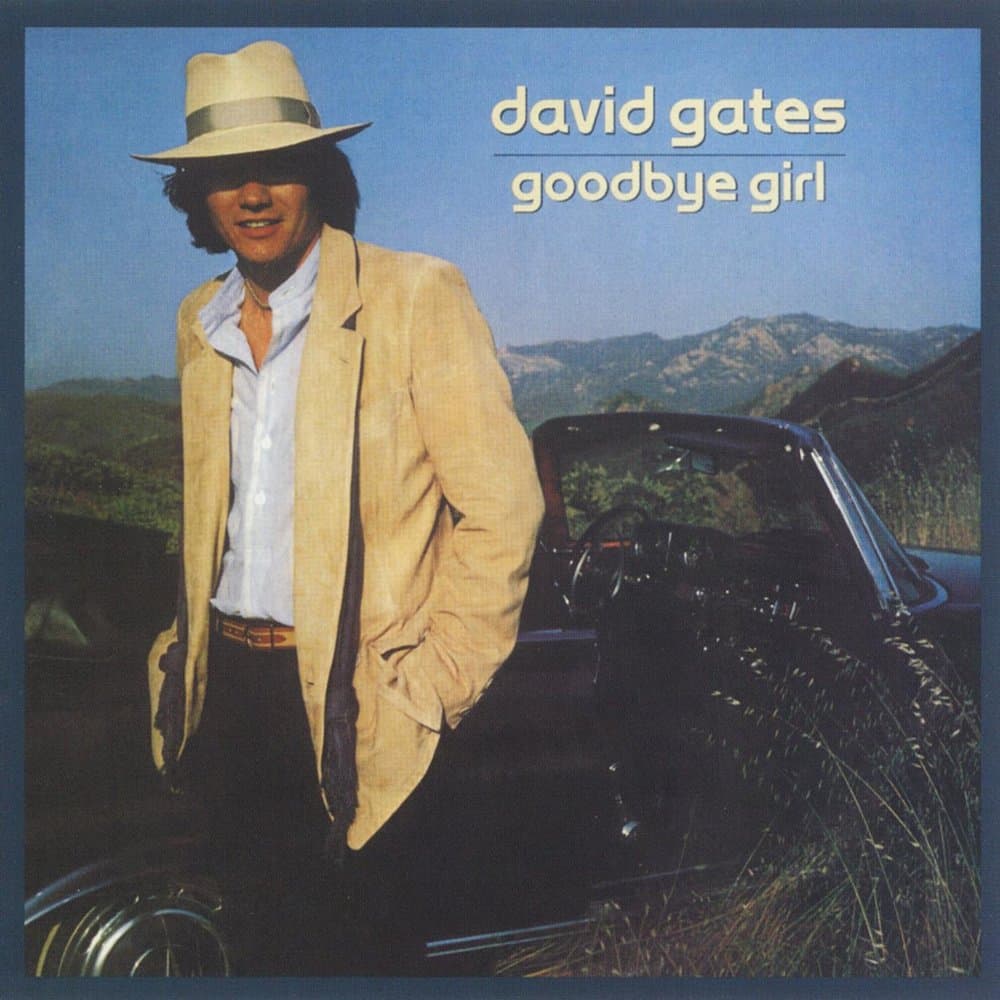
A Poignant Farewell: Exploring the Timeless Appeal of “Goodbye Girl”
“Goodbye Girl”, released in 1977 as part of the album also titled Goodbye Girl, quickly ascended the charts, reaching number 15 on the Billboard Hot 100 in the US. This mellow ballad, penned and performed by the talented David Gates, lead singer of the popular soft rock band Bread, captures the delicate balance between acceptance and regret that often accompanies the end of a relationship. It’s a song that speaks to the heart, evoking a sense of nostalgia and reminding us of the emotional complexities of love and loss.
The late 70s were a time of transition in music, with disco dominating the dance floors and soft rock providing a more introspective counterpoint. “Goodbye Girl” perfectly encapsulates this latter trend, with its gentle melody, heartfelt lyrics, and Gates’s smooth, emotive vocals. The song’s arrangement is simple yet effective, relying on acoustic guitars, a subtle bassline, and delicate piano chords to create a warm, intimate atmosphere. This understated instrumentation allows Gates’s voice and the song’s poignant lyrics to take center stage.
The story behind the song, while not explicitly documented with a specific narrative, resonates with universal experiences of relationships ending. It’s a song that could be about any “goodbye girl,” a woman who has left an indelible mark on the singer’s heart. The lyrics express a sense of resignation and understanding, acknowledging the inevitability of the breakup while still conveying a deep sense of sadness. Lines like “Goodbye girl, I won’t cry” and “I know you’ve got to go away” reveal a mature acceptance, yet the underlying melody and Gates’s delivery hint at the lingering pain of parting. It’s this delicate balance of acceptance and sorrow that gives the song its enduring emotional power.
The song’s meaning is open to interpretation, allowing listeners to connect with it on a personal level. For some, it may represent the end of a romantic relationship, while for others, it could symbolize the loss of a close friendship or the passage of time. Regardless of the specific interpretation, “Goodbye Girl” speaks to the universal human experience of saying goodbye, a theme that resonates deeply with audiences of all ages, particularly those who have experienced the bittersweet nature of life’s transitions.
The success of “Goodbye Girl” further solidified David Gates’s reputation as a master of the soft rock ballad. His ability to craft melodies that are both catchy and emotionally resonant, combined with his distinctive vocal style, made him a prominent figure in the 70s music scene. While he achieved fame with Bread, his solo work, particularly “Goodbye Girl”, demonstrated his individual talent and solidified his place in the hearts of many music lovers.
Listening to “Goodbye Girl” today is like revisiting a cherished memory. It’s a reminder of a time when music was often more introspective and focused on emotional depth. The song’s timeless appeal lies in its ability to capture the complex emotions associated with farewells, reminding us that even in sadness, there can be a sense of beauty and acceptance. It’s a song that continues to resonate with listeners, particularly those of us who have lived through the ebb and flow of life’s relationships, making it a true classic of its era. The song appeared on the Billboard Top Pop Singles 1978 year-end chart. It’s a song that invites quiet reflection and a gentle nod to the past, reminding us of the enduring power of music to capture the human experience.